Worried about your child getting beaten on school playground? Maybe not, but many of us parents are worried about our child’s reputation getting scorched on social media sites or they are being bullied online.

Cyberbullying is a legit crime, making many parents anxious. Cyber-bullying is generally targeted towards teens and tweens.
Here are Some Statistics: –
- 34% of US students experience cyberbullying at least once in their lifetimes.
- Girls in their adolescence are more likely to get cyberbullying messages.
- 23% students have been said hurtful or mean comments over the web.
- 9% students have received life-threatening messages over phone.
Definitions of Cyber-bullying:
- Any kind of insult, humiliation or threat which uses text-messaging or internet technology to hurt another person.
- Posting photos without permission online/sending photos via email or cell phone.
- Forwarding IM conversations and/or spreading rumors online.
- Public posting of telephone numbers, home addresses and passwords.
Our first and best option as parents is to talk to our kids about cyber-bullying. This begins with explaining the different types of wired/wireless bullying. The next step is to teach your child how to respond, ignore and block unwanted senders. Ideally, your child will talk to you when this is happening, but more than likely, you’ll need to discover this on your own (more about internet monitoring software in a moment). According to Internet Safety expert, Richard Shuster, M.S.W., “Girls are far more likely to be cyber-bullied than boys (practically double the likelihood). This is significant as girls statistically are more prone to depression than boys AND tend to have suicidal thoughts more than adolescent males do as well. When we were in school if a kid was bullied, they had a reprieve after they got off the bus and on weekends. Now, cell phones and computers allow bullies to add horrific stressors to their victims at all times without any real break for a child to recover. This is unprecedented, and I would not be shocked to see someone draw a comparative study between PTSD and kids who have been victimized by cyber bullying.” There have been cases where children have committed suicide as a result of being emotionally wounded by a cyber-bully. A Yale University study shows that bully victims are two to nine times more likely to report having suicidal thoughts than other kids. If your child has been bullied online or in person, be sure to ask directly or indirectly if he or she has had thoughts of suicide. Seek professional help immediately if the answer is affirmative.

Also Read : Sniffer: Safeguard Your System From It!
Here are Some Ways to Help Your Child with an Online Issue:
Report problems to your Internet Service Provider (ISP)
Most cyber-bullying and harassment incidents violate the ISP’s terms of service. Many ISPs will close a cyber-bully’s account (which can also close their parents’ household account). You should report incidents to the sender’s ISP, not yours. If you use an internet monitoring tool, this is much easier to discover. But, before changing your password, you should scan your computer for any hacking programs or spyware, such as a Trojan horse virus. If one is on your computer, the cyber-bully may be able to access the new password. A good antimalware software is capable of finding and removing hacking programs.
Report Problems to Your child’s School or the bully’s School
In the United States, often the school has no legal authority to take action relating to an off-premises and afterhours activity, even if it has an impact on the welfare of their students. However, you should notify the school (especially if your child suspects who is behind the attacks). They may not be able to take disciplinary action, but they can monitor the situation in school.
Report to Police
If someone threatens you or your child physically and/or is posting personal contact information; report this to the police immediately. Richard Shuster adds, “Many of the cyber-bullies are pretty adept at “covering their tracks” and a great deal of the victims may not actually know (at least initially) who’s harassing them. This is important for parents of children who are committing the acts. An act of bullying may be intended as an innocent joke without the consequences being considered. Once the authorities get involved, they have little trouble tracing the identity of the bully. In this instance, an unsuspecting parent (if the child is under 18) may themselves face criminal charges if they don’t know what their children on doing on the computer.”

Must Read : Prevent yourself from Cyberbullying
Shuster Solutions, is an organization specializing in helping parents protect their children from internet dangers. President, Richard Shuster, M.S. W., tells the story of a high school girl whose parents noticed a marked change in her grades and behavior. This popular, honor-roll student became depressed, withdrawn and suffered academically. Her parents had purchased internet monitoring software from Shuster Solutions and discovered she was being pursued by a student known to sell drugs at school. She was rebuffing him but feared the repercussions of turning him down. The father (unbeknownst to the daughter) took computer printouts of their conversations to the school principal. The principal alerted the school policeman, the boy’s locker was raided, drugs were found, and he was arrested on the spot. With the boy no longer a threat, the girl went back to be her normal, cheerful self and never knew what precipitated the boy’s arrest. This story has a happy ending because her parents saw the signs of trouble and were on top of their child’s internet use.
Warning signs that your child may be involved in some form of unwanted online/wired activity:
- Your child’s behavior has changed dramatically (withdrawal, depression, abusing alcohol/drugs, dropping grades, violent outbursts).
- They’re spending more time online or texting.
- Your cell phone bills suddenly escalate because of additional web or text usage.
- They become very secretive about computer usage or text messaging.
While there is no substitute for parental involvement, it’s impossible to guard the computer 24 hours a day. Here, we’ve focused here on the negative impact of the internet, but we believe it’s important to remember the benefits. The internet offers information, education and networking to the entire world in a way never before imagined. After all, you’re reading this now…. via the internet!

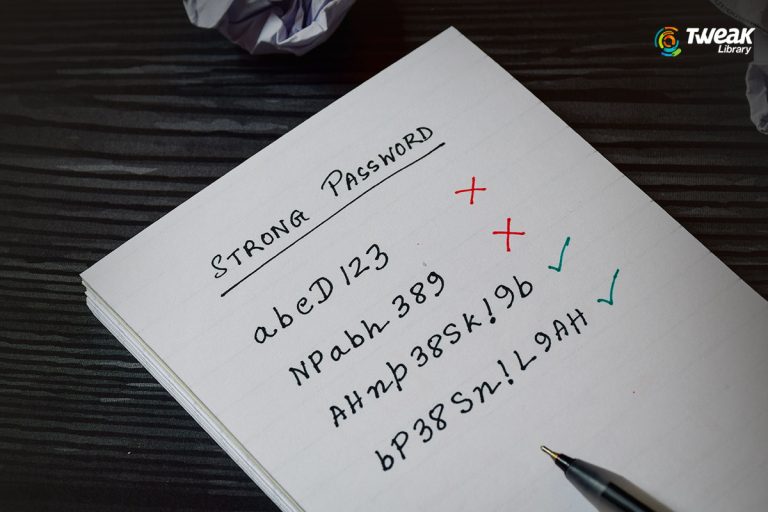
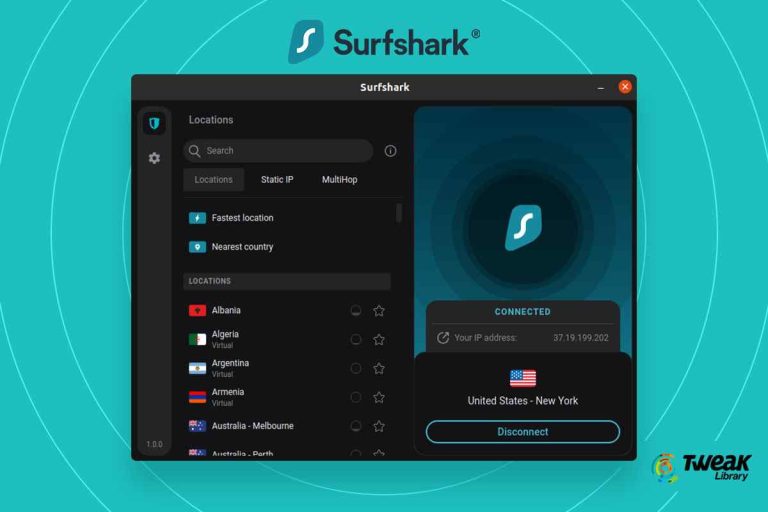
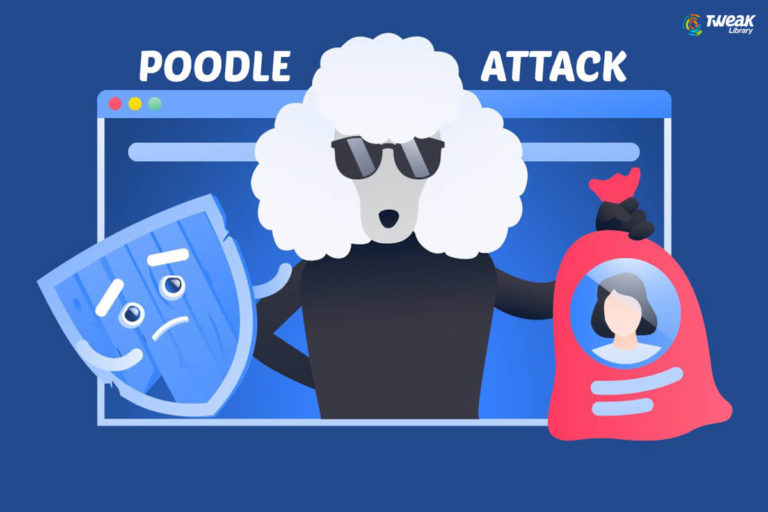
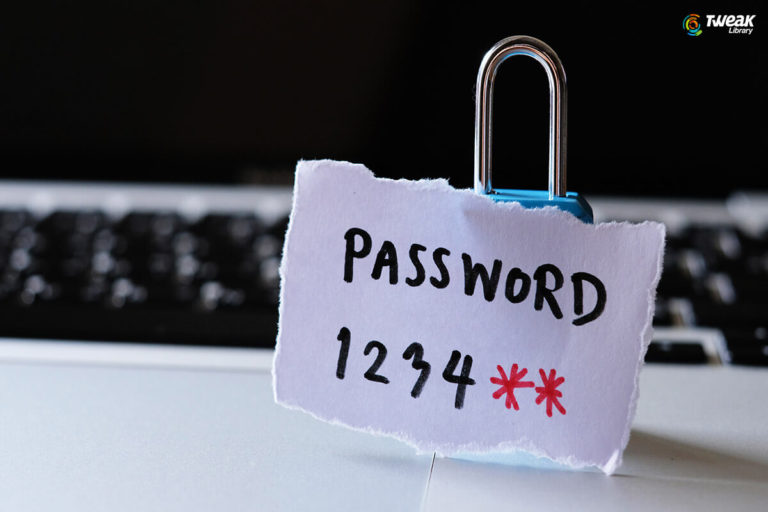
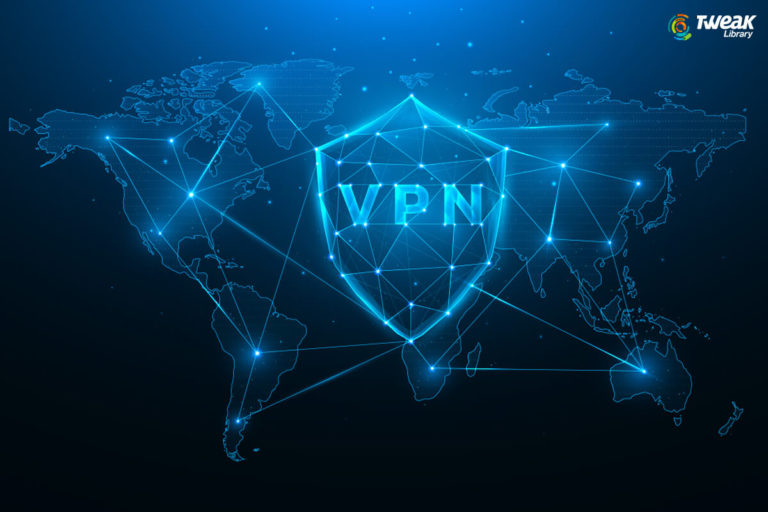
Leave a Reply